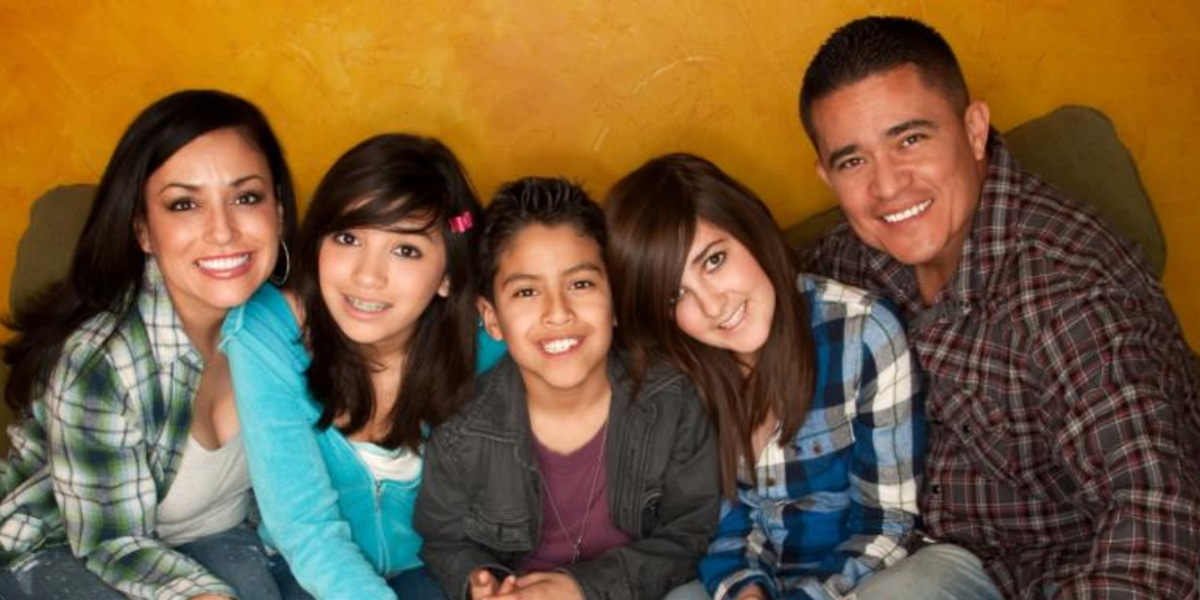
Chicanos Por La Causa (CPLC), based in Phoenix, Arizona, drives economic and political empowerment by providing programs that help individuals and families achieve self-sufficiency. They provide accessible healthcare; affordable housing; a quality education; access to meaningful work; and political representation, including advocacy for immigrant rights. CPLC recently published a study that highlights the disproportionate impact that COVID-19 has had on immigrants and migrants in Southern Arizona.
Refugee, immigrant and migrant communities are disproportionately affected by COVID-19 not because of any biological or genetic factor, but because of long-standing, systemic, health and social inequities. It particularly effects people in these communities who experience economic challenges or are working in essential jobs, like farmworkers and food processing plant employees.
It has been well-documented that these communities have greater health disparities with regards to COVID-19, but this study reveals significant lifestyle stressors exacerbated by the pandemic as well:
- Access to technology: When compared to White people, Hispanic and Black individuals are just as likely to have a smartphone, but are less likely to own a desktop or laptop computer. This affects a child's ability to participate fully in distance learning, among other challenges.
- Housing instability: Immigrant and migrant study participants experienced housing instability at higher rates, and were more likely to move in with family members. This makes quarantine and isolation difficult if a family member is infected with COVID-19.
- Economic hardship: Many immigrants and migrants were not eligible for economic stimulus payments, unemployment insurance, and other programs the federal government put in place to ease the economic burden of COVID-19.
- Lack of social services: Immigrants and migrants who need help with childcare, medical services, food, utilities, and other services were reluctant to access services like Medicaid and food stamps due to policies put forth by the Trump administration.
NRC-RIM agrees with CLPC's belief that all people, without discrimination, should have the power to live a life of dignity. That is why we assist state and local governments as they work to address disparities faced by communities. Learn more about what we do.